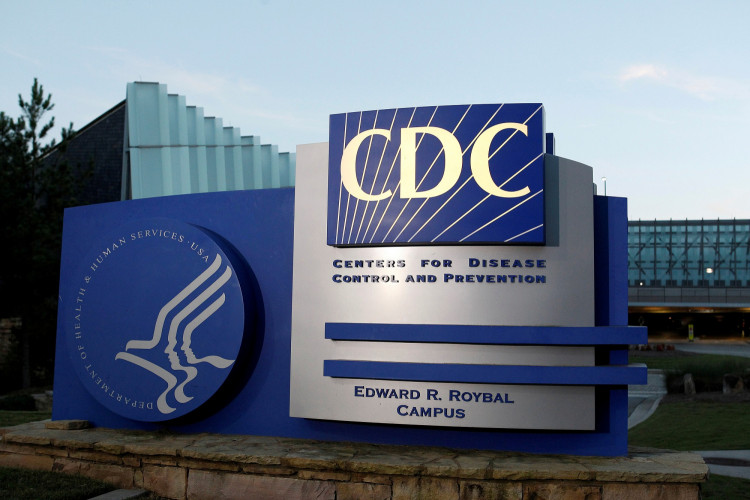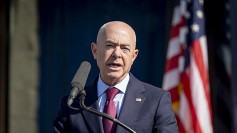The Centers for Disease Control and Prevention announced on Wednesday that a patient in Maryland was recently diagnosed with monkeypox following a trip to Nigeria. This takes the total number of cases documented in the United States in 2021 to two.
Monkeypox is a rare but potentially serious viral illness that starts with flu-like symptoms and lymph node swelling, then progresses to a rash that covers the face and body.
Laboratory scientists from the CDC says that it comes from a strain that has been re-emerging from Nigeria since 2017 after 40 years with no reported cases.
The patient "presented with mild symptoms, is currently recovering in isolation, and is not hospitalized," the Maryland Department of Health stated. At this time, no extra measures are advised for the general public.
Maryland state officials have emphasized that this is not a "public health crisis."
Monkeypox patients are likely to have lesions, and travelers returning from Nigeria should be on the lookout for symptoms. Because of the health concerns associated with a single case of monkeypox, the CDC has advised clinicians to report suspected cases to state or local public health authorities as soon as possible, regardless of whether they are simultaneously investigating other potential diagnoses.
Data from CDC states that people can contract monkeypox by coming into contact with sick animals or animal products, such as preparing wild game or being bitten or scratched by an animal.
Monkeypox has three known stages.
The first stage is an incubation period during which the virus takes hold immediately after infection. It can last anywhere from five to twenty-one days, and the person is not contagious at this stage.
The prodrome phase is the second stage, in which the person exhibits early symptoms and may be communicable. Fever, lethargy, headache, sore throat, cough, and swollen lymph nodes are among the symptoms.
The person's mouth and body acquire lesions in the third stage, which is a rash. The person will be contagious until all the scabs have come off. It takes roughly three weeks to complete the stage.
The last case in the U.S. involved a Texas resident who traveled from Lagos, Nigeria, to Atlanta to Dallas The Texas Department of State Health Services announced at the time it was the state's first incidence of monkeypox, and the Texas patient was likewise isolated in a hospital.
The CDC adds that while there is now no established, safe treatment for monkeypox virus infection, the virus can be controlled.






